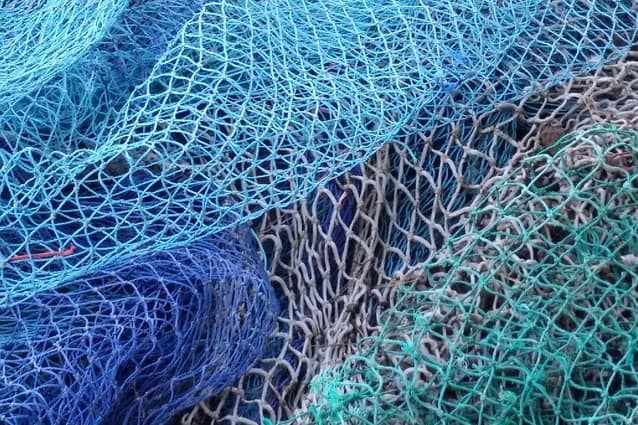Activists against human trafficking are using high tech methods to fight back. The WorldView-3 satellite can spot small objects from 380 miles above the Earth. It can certainly identify illegal fishing boats…
DigitalGlobe is a commercial space imagery firm in Colorado. Once it spotted a boat they suspected in the South Pacific near Papua, New Guinea, investigators saw it was getting slave-caught fish from illegal trawlers. On July 14th their picture confirmed investigators’ suspicions. Taner Kondanaz, director of DigitalGlobe’s explained, “We were able to very clearly see the fishing boat with the two illegal trawlers up against it. That was irrefutable evidence.”







Freedom United is interested in hearing from our community and welcomes relevant, informed comments, advice, and insights that advance the conversation around our campaigns and advocacy. We value inclusivity and respect within our community. To be approved, your comments should be civil.